Considering a butcher block countertop? These are the pros and cons designers say you need to know about first
Every material has benefits and draw backs – here interior designers will make your choice easier
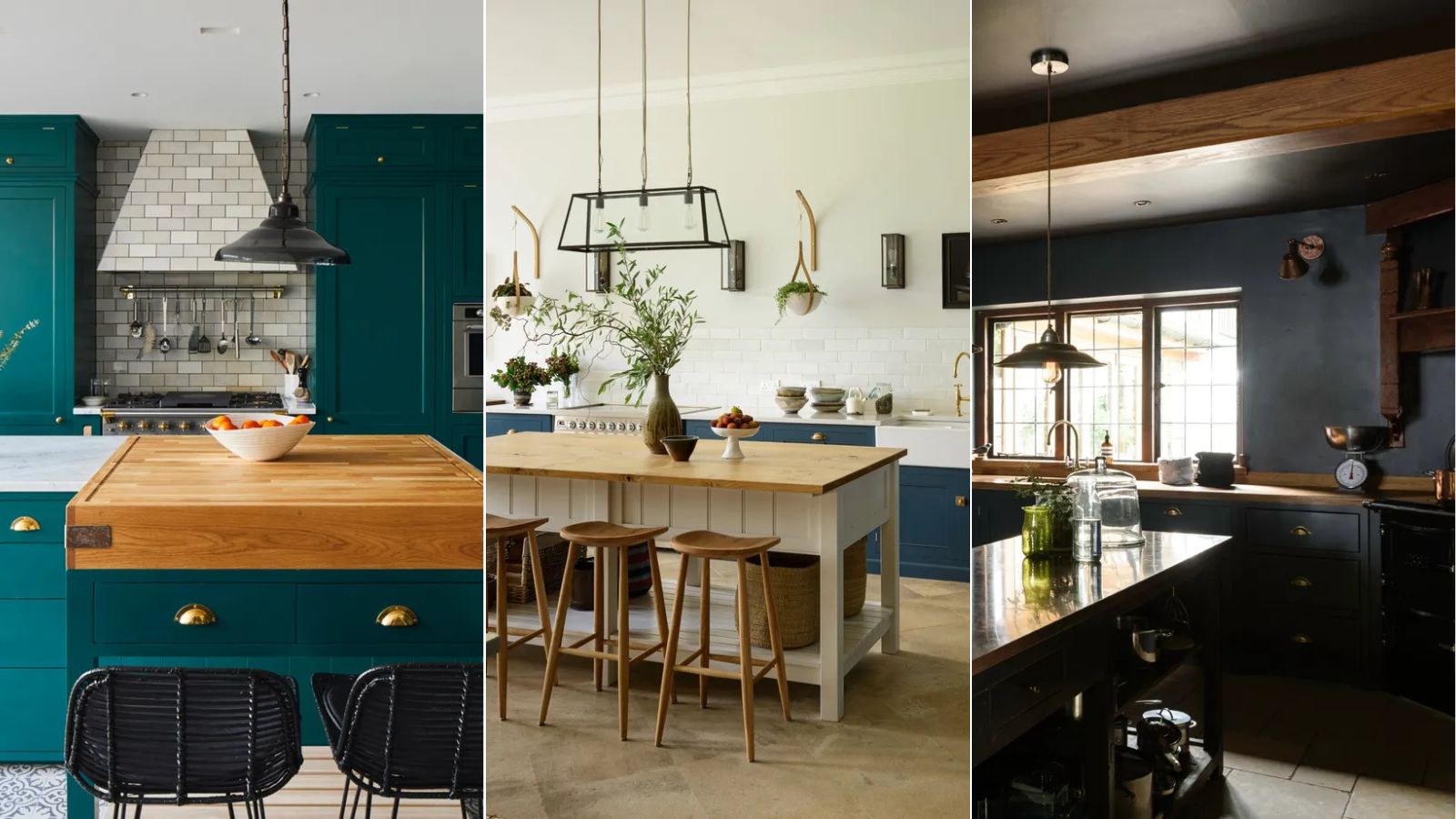

Butcher block countertops have been reemerging in kitchen design this year, adding character and traditional style to schemes. But before you follow suit, knowing the pros and cons is important to ensure they are right for you.
They offer aesthetic appeal and a more rustic, natural element to your space, but there are also some drawbacks to consider. Your kitchen countertop ideas need to be functional and stylish, so don't make any hasty decisions before really considering everything.
Here, we've turned to interior designers to find out the pros and cons of butcher block countertops – functional and aesthetic – to make sure you have all the information you need before choosing the right material for your kitchen.
Butcher block countertop pros
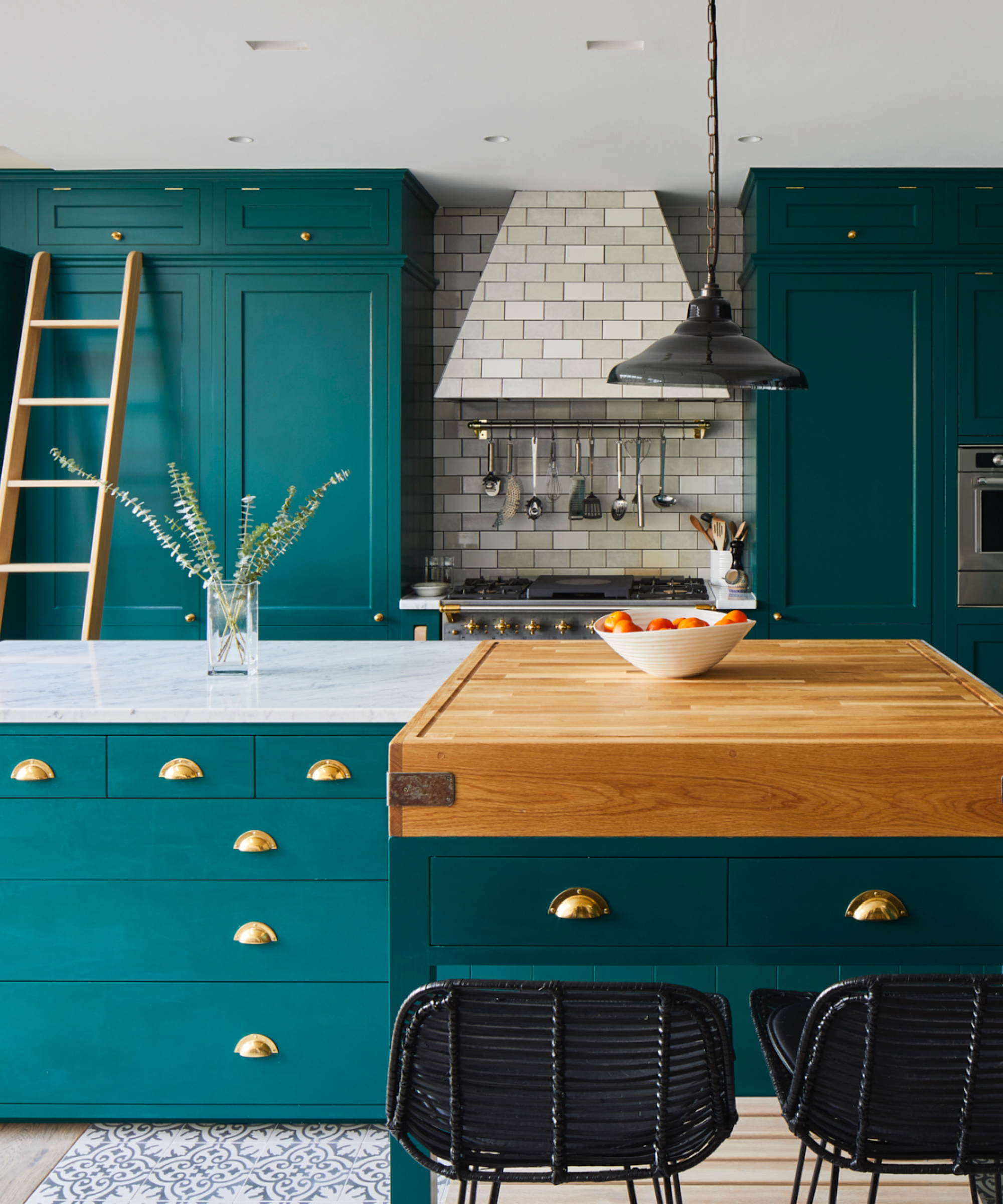
You can completely understand the appeal of butcher block countertops. Traditional, rustic, and characterful – it's the visual benefits that often draw people in.
'Butcher block countertops bring a natural warmth and inviting character to a kitchen that’s hard to replicate with other materials,' says Laura Lubin, of Ellerslie Interiors.
'Their wood tones introduce organic texture, adding depth and balance to the overall design, whether you’re aiming for a modern farmhouse, transitional, or even a more eclectic aesthetic. They’re also highly versatile – you can customize the finish to fit your space, from light and airy to rich and dramatic,' she adds.
While people often think of butcher block countertops as a feature of more rustic kitchens, they can be worked into a multitude of traditional and transitional schemes – it's all about how you design them to work with the rest of the scheme.
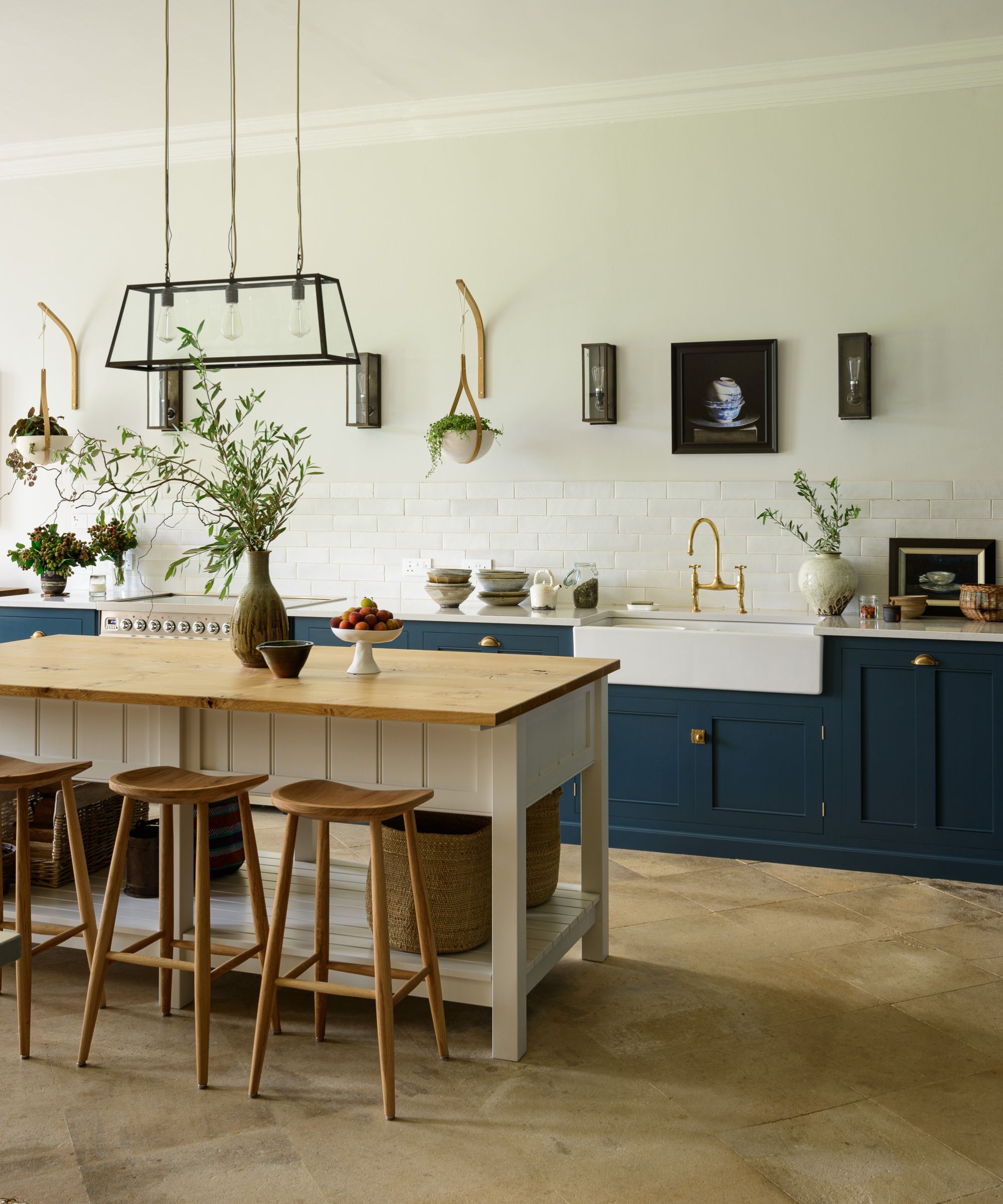
'Wood is beautifully tactile and naturally warmer to the touch than stone so it offers a more relaxed and gentle approach to your worktops and makes a perfect material for kitchens. Especially ones that blend into living areas as they feel less utilitarian,' adds Helen Parker, creative director of deVOL Kitchens.
But it's not just the visual benefits that make butcher block countertops a desirable choice. 'In addition to their aesthetic appeal, butcher block countertops are budget-friendly compared to stone options like marble or quartz, making them an accessible choice for homeowners,' Laura explains.
If you're worried about wear and tear on your countertops, then natural stones like marble are likely out of the running. However, if you want to stick to a natural material, butcher block countertops are a great option if you're willing to keep up with the maintenance. Laura adds: 'They’re practical, too – the surface can be sanded and refinished to address scratches or wear.'
Butcher block countertop cons
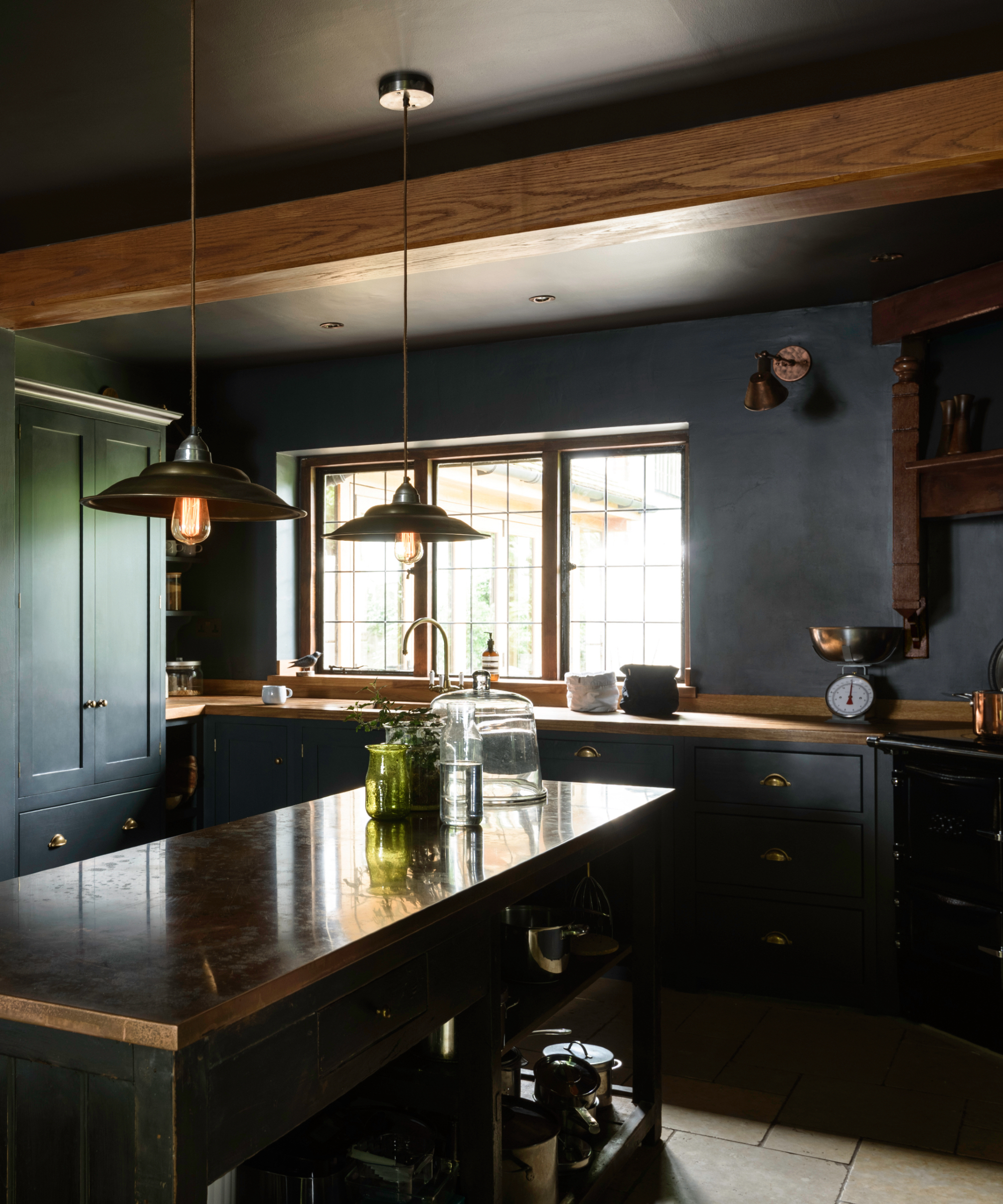
While there are plenty of visual and functional benefits to butcher block countertops, there are also some downsides. Although they can be sanded and refinished to buff out marks, it's a lot of upkeep that might be too much in a busier household.
'The downside is maintenance. They need oiling and looking after, so keep them dry (ish) and just generally be respectful of their limitations,' advises Helen.
You'll also need to be careful of their vulnerability to damage, as over time it can become quite noticeable and harder to remove. 'Its softer surface is prone to scratches and dents, which might not suit every homeowner’s lifestyle, particularly in busy kitchens,' says Laura.
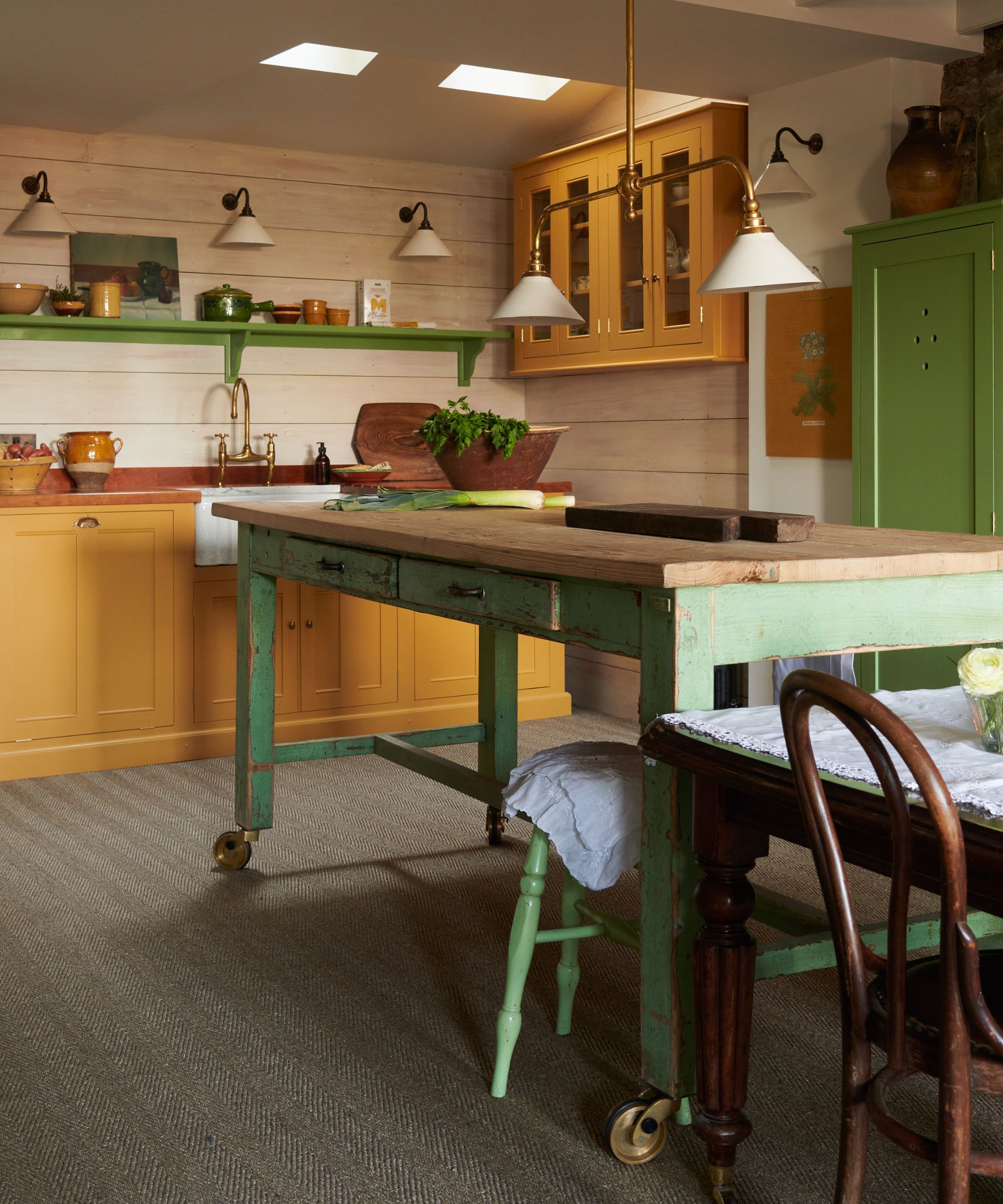
As well as the practical considerations, your countertops need to look cohesive with your kitchen scheme. Often warm wood, butcher block countertops won't suit every kitchen style.
'From a design perspective, the wood's warm tones may feel out of place in ultra-modern or industrial spaces where a cooler, sleeker look is desired,' adds Laura. If your kitchen is on the more contemporary side, or if you have wood kitchen cabinets, butcher block countertops might feel misplaced.
Butcher block countertops are undoubtedly a beautiful choice, but it really depends on the style of your kitchen and how much upkeep you are willing to do over time.
As Laura explains, 'Its maintenance demands and sensitivity to heat can make it less practical for homeowners who prioritize low-maintenance solutions. However, for those who love its natural beauty and are prepared for the care it requires, butcher block remains a standout choice that enhances both form and function.'
If you're currently deciding whether or not to choose butcher block countertops for your kitchen, these pros and cons as explained by interior designers should help you to make up your mind. It's a balance of aesthetics and maintenance – but you really can't go wrong with the characterful design this traditional material brings.
Sign up to the Homes & Gardens newsletter
Design expertise in your inbox – from inspiring decorating ideas and beautiful celebrity homes to practical gardening advice and shopping round-ups.

I’ve worked in the interiors magazine industry for the past five years and joined Homes & Gardens at the beginning of 2024 as the Kitchens & Bathrooms editor. While I love every part of interior design, kitchens and bathrooms are some of the most exciting to design, conceptualize, and write about. There are so many trends, materials, colors, and playful decor elements to explore and experiment with.
-
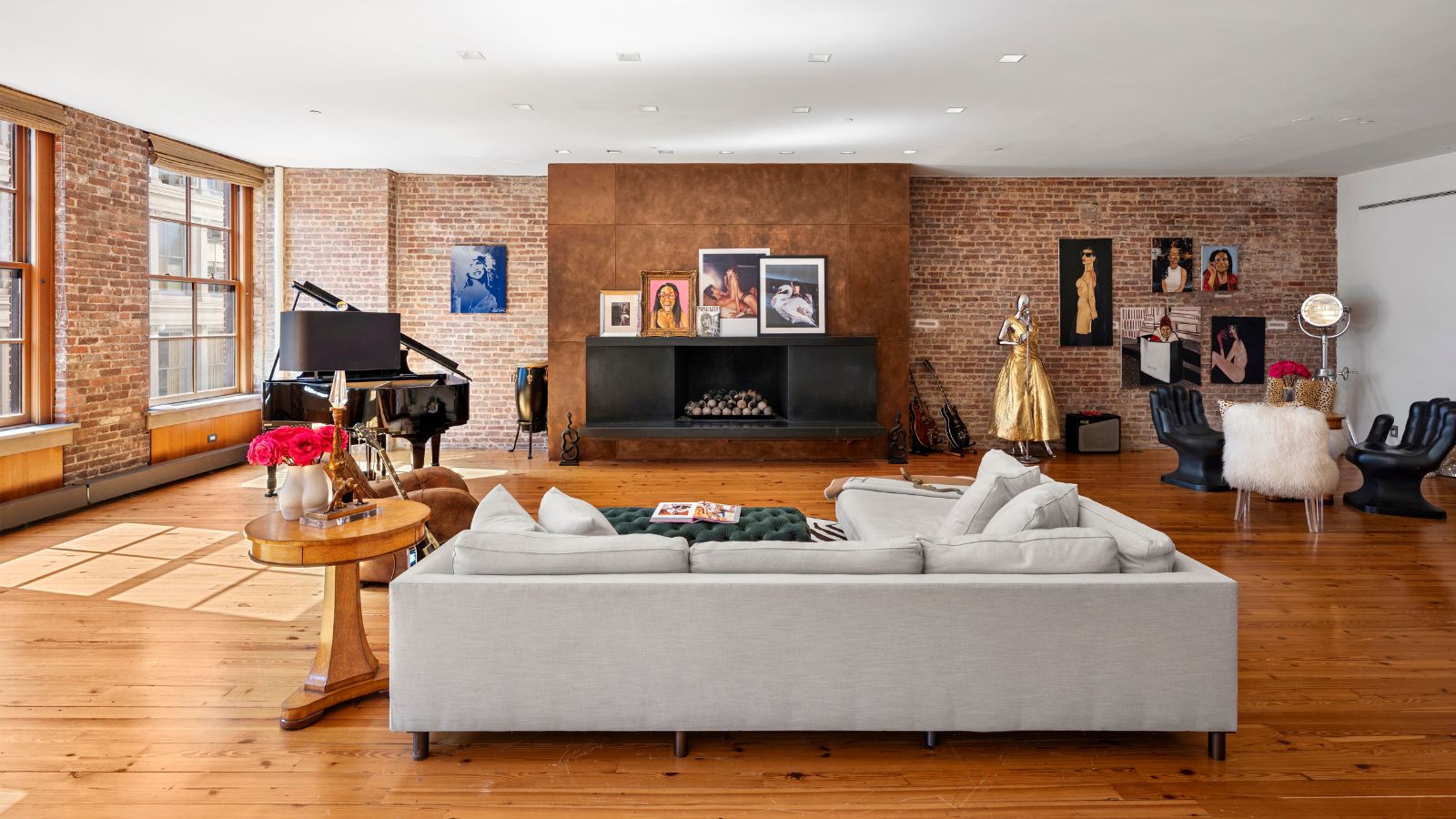 Courtney Love's historic loft combines rock star luxury with raw New York bones – it's on the market for almost $9.5 million
Courtney Love's historic loft combines rock star luxury with raw New York bones – it's on the market for almost $9.5 millionThe singer's former SoHo home features exposed brick walls, original wooden columns, a gas fireplace, and high ceilings – take the tour
By Hannah Ziegler
-
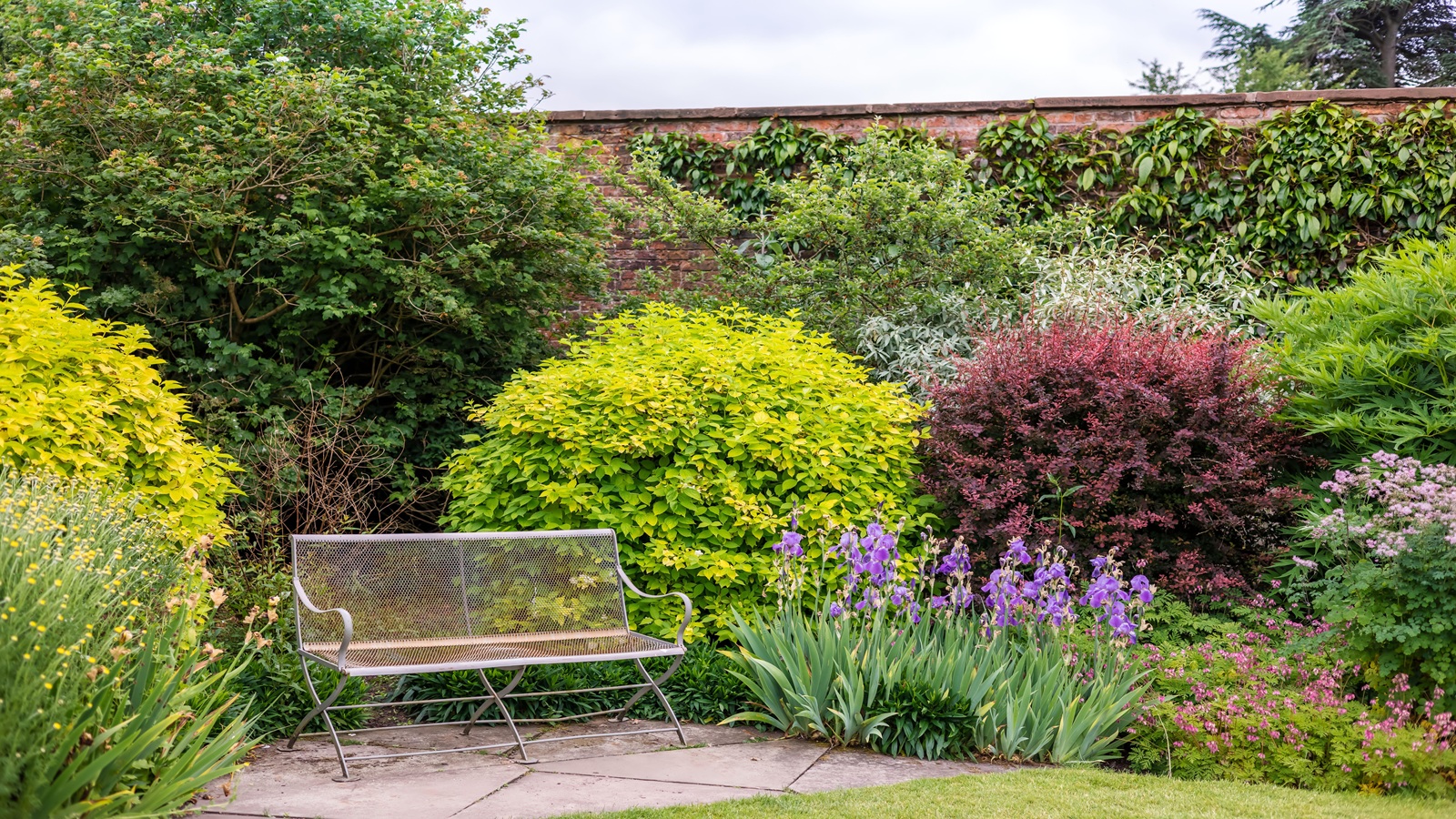 Triangular shaped garden ideas – landscape designers share 9 ingenious ways to redesign your corner plot
Triangular shaped garden ideas – landscape designers share 9 ingenious ways to redesign your corner plotExpert tips for planning, planting and finessing a triangular shaped plot, so you can savour the space year round
By Jill Morgan